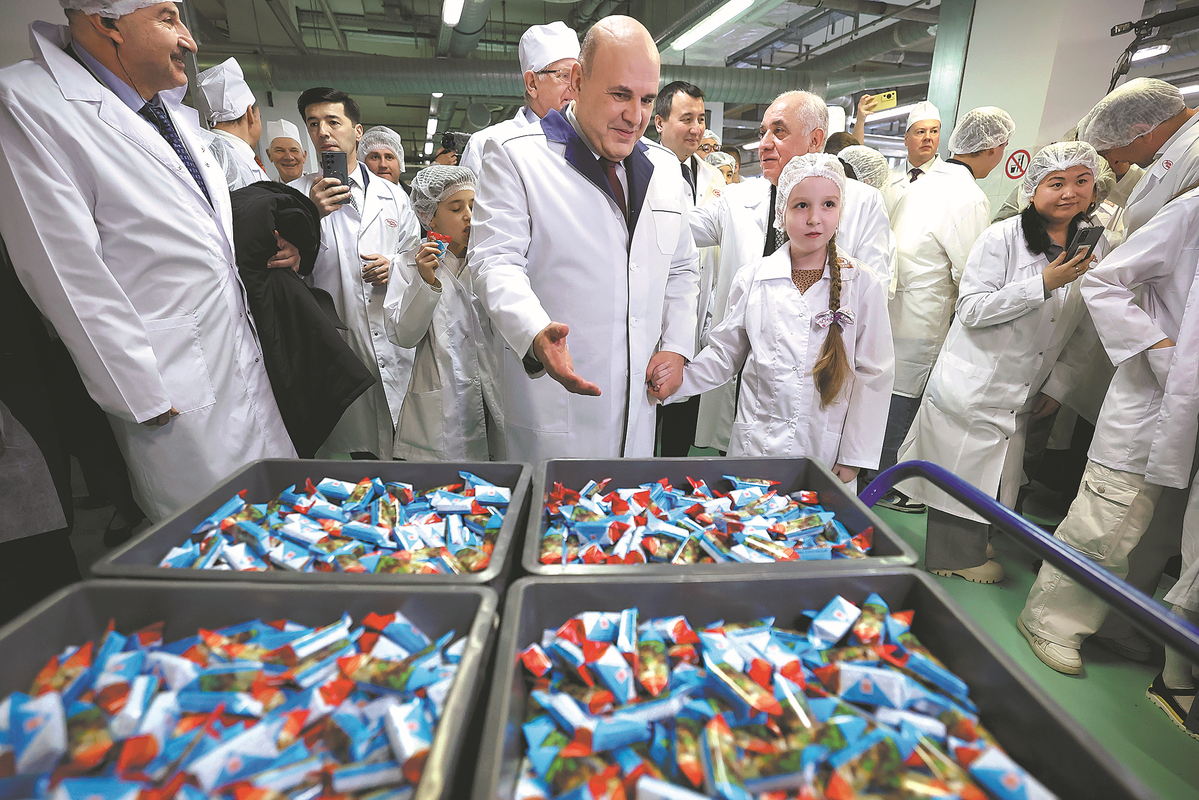Russia aims to pivot away from West


Withstanding pressure
Russia was able to withstand numerous rounds of sanctions by the US and its allies, which have been and still aim to reduce the development potential of sectors of the Russian economy, primarily oriented to foreign markets, as well as to limit the access of Russian companies to external sources of financial resources and technologies, said Voitolovsky, another key expert of the International Primakov Readings Forum.
US sanctions have been applied not only to Russia, but also to countries and companies that have worked with Russian partners. The goal of such measures by Washington is to break the trade and economic interdependence of Russia and the European Union.
"In 2022-23, main victims of the restrictive measures introduced by the US and supported by the EU were not only Russia but also almost all European economies that used to depend on Russian gas and oil and other goods and its market, as well as the absolute majority of the population in the European Union faced with an unprecedented increase in inflation, which had to be extinguished by increasing credit rates," Voitolovsky said, adding that the US was able to acquire a much larger segment of the European oil market and replace Russian pipeline gas with US LNG.
Nevertheless, the Russian economy is successfully adapting to the economic and political pressure from the US and its allies — none of the catastrophic scenarios predicted by Western forecasts have come true.
The banking sector is working properly, while leading Russian companies are expanding sales in Asian markets and have learned to skirt restrictions; logistics methods have changed but are working properly; and the Russian market has not become scarce — it is saturated with goods, including high-tech products. Russia has become one of the leading global players on food and LNG markets.
This means the failure of Western restrictions, Voitolovsky said.
Experts have warned that the successful transition to a "war economy" may carry long-term risks for the Kremlin, because the military operation has required increasing amounts of resources, and military spending has surpassed social spending.
Once the conflict ends, it will take time for Russia to rebuild its economy, but Western sanctions will remain, said Alexandra Prokopenko, a nonresident scholar at the Carnegie Russia Eurasia Center.
In addition, the special military operation in Ukraine has led to a gap of around 1 million people in Russia's labor market, according to independent demographer Alexei Raksha.
This includes between 300,000 and 500,000 people who were recruited into the army during the mobilization in 2021, while fewer foreign workers were arriving in Russia, and many were reportedly considering leaving the country.
Labor shortages are usually good news for workers. Wages rise, working conditions become more bearable, and workers who are discriminated against have more chances of finding employment.
This is the case in Russia now, especially at factories associated with state defense orders, where women, the elderly and people with disabilities are more in demand than ever.
But growth in employment and income comes at a high price, as many workers need to work overtime. Some plants that produce military equipment have introduced 12-hour working days and six-day working weeks.

































